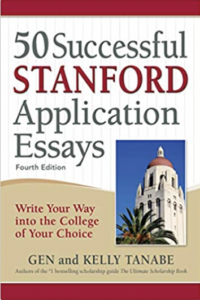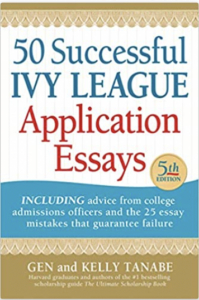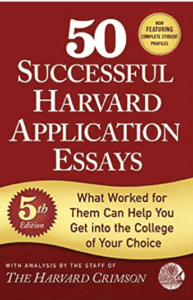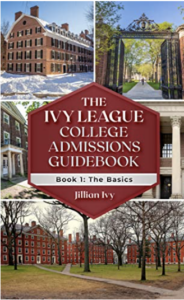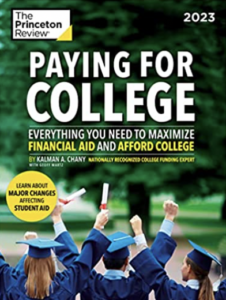How to Get Off the Harvard Waitlist
How to Get Off the Harvard Waitlist
How to get off the Harvard waitlist. You’re so close. It’s right there yet still out of reach..how completely frustrating! Every year, thousands of high-achieving students apply to Harvard with dreams of joining the ranks of one of the most prestigious universities in the world. For some, the admissions decision isn’t a clear yes or no—it’s a spot on the waitlist. While it can feel like limbo, being waitlisted at Harvard is not the end of the road. In fact, it means you were strong enough to be seriously considered at one of the utmost TOP colleges in the country, and with the right steps, you might still earn your place.
Here’s how to increase your chances of getting off the Harvard waitlist.
-
Understand What Being Waitlisted Means
Being waitlisted at Harvard means the admissions committee liked your application but couldn’t offer you a spot due to limited space, but you are still competitive at this very high level. They are basically holding your application in reserve in case any admitted student declines their offer..and yes, believe it or not, students do often decline Harvard’s offer, in favor of Stanford, or MIT, or Princeton, Cambridge or Oxford. All of those schools compete for Harvard’s incoming accepted class. So, this is not a rejection—it’s a possibility.
Also know that if you got waitlisted at Harvard and you don’t get off the waitlist, you should seriously considering applying as a transfer student to a TOP Ivy League school next year. Harvard has one of the lowest acceptance rates for transfer students, but transfer students do still get in. What is more likely though is that you get in as a transfer student to a different Ivy League college.
You’ve already proven you’re Ivy material. That waitlist spot actually means that you have a very good chance of going to Princeton, Columbia, Stanford or any of the other top schools as a transfer student next year.
But for now, what to do about that frustrating Harvard waitlist…
-
Respond Promptly and Professionally
Once you receive your waitlist notification, you must opt in if you want to remain on the list. Respond promptly through your admissions portal, confirming your continued interest. This shows the admissions team that you’re still enthusiastic about Harvard.
Avoid the temptation to immediately flood the admissions office with emails or phone calls. The first step is simply saying yes—you’re still interested.
-
Send a Letter of Continued Interest (LOCI)
This is one of the most effective tools at your disposal. A well-written Letter of Continued Interest allows you to express your genuine desire to attend Harvard and update the admissions committee on any new developments in your academic or extracurricular life.
In your LOCI:
- Reaffirm that Harvard is your top choice and you will attend if accepted.
- Highlight any new awards, grades, leadership roles, or significant projects completed since you submitted your application.
- Keep the tone respectful, mature, and enthusiastic—avoid sounding desperate or pushy.
Timing matters. Sending your LOCI within two weeks of receiving your waitlist notification is ideal, and a follow-up in late April or early May (just before decisions are finalized) can be appropriate if you have new updates.
-
Update Harvard with New Achievements
If you’ve improved your grades or ranking, became Valedictorian, won a competition, completed an impressive project or research, published anything, or filled a patent, let Harvard know. Also let them know about your upcoming summer plans. These updates should be substantive and relevant—Harvard is looking for students who continue to excel.
- Stay in Touch with Your High School Counselor
Your school counselor can advocate on your behalf by reaching out to Harvard. A brief letter or phone call confirming your continued interest and any updates can carry weight, especially if the counselor has strong credibility or a history of past interactions with Harvard admissions.
- Avoid Overdoing It
While it’s important to express your interest, too much communication can work against you. Don’t bombard Harvard with emails, extra recommendation letters, or phone calls. A thoughtful LOCI and one or two key updates are usually enough.
- Be Ready for a Quick Decision
If a spot opens up, you might get a call or email offering you admission with a short window to accept. Make sure you’ve considered all your options and are genuinely prepared to attend Harvard if the opportunity arises.
- Plan for Plan B
While you’re on the waitlist, make sure to accept an offer from another college by May 1 to secure your place elsewhere. You can always withdraw later if you’re admitted to Harvard. This ensures you won’t be left without a college home come fall.
Final Thoughts
Getting off the waitlist at Harvard is difficult, but not impossible. The key is to stay positive, and proactive. Your continued effort demonstrates maturity and motivation—qualities that Harvard values deeply. If it doesn’t work out, remember: being waitlisted at Harvard already puts you in rare company, and there are still many paths to success, including the most recommended one: transferring, and I am always happy to have a free consultation.
Ultimately, your college journey is what you make of it—and Harvard is just one chapter among many that can lead to a fulfilling, impactful future.
Want help discussing your college options, writing your Letter of Continued Interest – the LOCI, or working on your transfer strategy, or perhaps you’re still a high school student and want help with your essays.
I’m a former Harvard admissions interviewer and a Harvard graduate and have been running my college admissions firm IVY LEAGUE ESSAY for the last 15 years out of NYC.
I work with students all over the country who are targeting the Ivy League, or Top 20 schools, and would be happy to speak to you about your future!
Contact me today for a free consultation and get into the school of your dreams! www.IvyCollegeEssay.com
Want more free tips and advice? Check out my other blog articles, below:
- What Are My Chances of Getting Off Harvard’s Waitlist?
- How to Write the LOCI = Letter of Continued Interest?
- What to Do If You’re Waitlisted?











